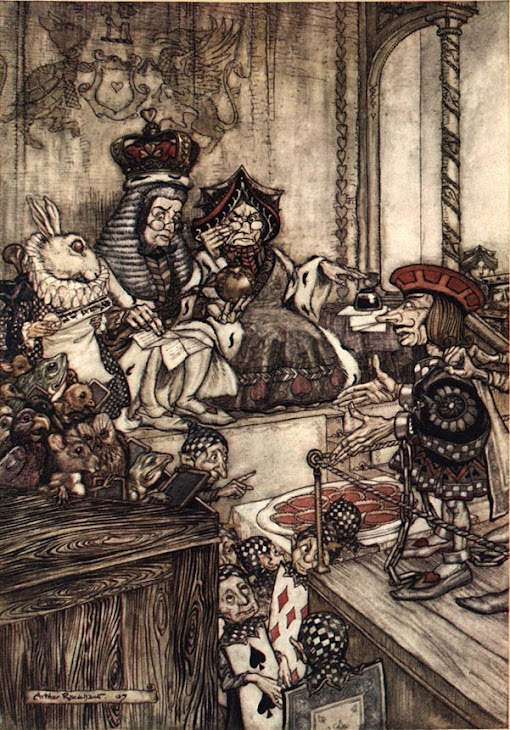
LAW AND LITERATURE IN THE RENAISSANCE
This seminary invites students to investigate the origins of ‘Law & Humanities’ in Renaissance humanism. This variegated movement started among professional jurists on the Italian peninsular who were fascinated by the culture of Antiquity, the beauty of the pristine language of the Romans, and the classical ideal of the virtuous and learned citizen. Soon, jurists across Europe would try to imitate this inspiring model of the uomo universale, thereby laying the foundations of legal history, law and literature, and the study of the larger political and sociological context in which the law operates.
1. BACK TO THE ORIGINS OF LAW AND THE HUMANITIES
The first lesson will give students an overview of some important characteristics of legal humanism, starting with renowned humanists like Petrarca and gradually moving towards the reception of Italian humanism in France with jurists like Budé. These humanist lawyers’ passion for literature and history will be highlighted, as well as their ambiguous relationship with traditional legal education.
- P. Stein, Legal Humanism and Legal Science, Tijdschrift voor rechtsgeschiedenis, 54 (1986), p. 297-306
2. LOVE AND CONTRACTS IN LEGAL HUMANISM
- G. G. Pontano (1429-1503), Eridanus 1.9
- E. Forcadel (1519-1578), Cupido Jurisperitus, cap. 2-3
[see forthcoming papers by W. Decock]
3. LYING AND POLITICS IN LEGAL HUMANISM
- J. Lipsius, Politica. Six books of politics or political instruction. Edited with translation and introduction by Jan Waszink, Assen 2004, p. 84-104 and p. 507-533 (odd pages)
Wim Decock (°1983) graduated as a classicist at the Catholic University of Leuven (lic. summa cum laude 2005).
He went on to participate in an interdisciplinary research project on European Legal Cultures, financed by the European Commission (6th Framework Program).
As a Marie Curie Early Stage Training Fellow he stayed at the Max Planck Institut für europäische Rechtsgeschichte in Frankfurt am Main (2006-2007), the Istituto Italiano di Scienze Umane in
He is currently a fellow of the Flemish Fund for Scientific Research preparing a PhD on the emergence of modern contract doctrine with the scholastics of the renaissance period.

The prince-Machiavelli : The chapter XVIII deals with the relations between morals and politics. Here we see the importance of the efficiency of the governance, which is based on a realistic approach. The author justifies the idea of lying and deceit by giving the prince a powerful character that is both man and beast: the man for the law and the beast for the force. In fact, the author refers to the Greek Prince Achilles, who was elevated by Chiron, the most wise of the centaurs to illustrate his conception on governance.
RispondiEliminaIn another way, the beast can be used in two ways, on one hand as the lion for its force and on the other hand the fox for its trickery. Machiavelli justifes the beast's behaviour by the fact that people can deceive the prince aswell.
The example of Alexander VI is a reference to the importance of keeping up an illusion of morality to maintain political stability. Therefore, tt's not desirable to be virtous because it could be politically damaging. Also, the prince does not fear those that have seen the questionable aspects of his policy because there are few and they do not have enough influence on the crowd.
When I was at BPP studying my law degree the, vast, majority of my class at Holborn had TCs. I can't speak for Waterloo though, didn't know anyone over there but did here that the situation was almost the opposite. Really strange.
RispondiElimina